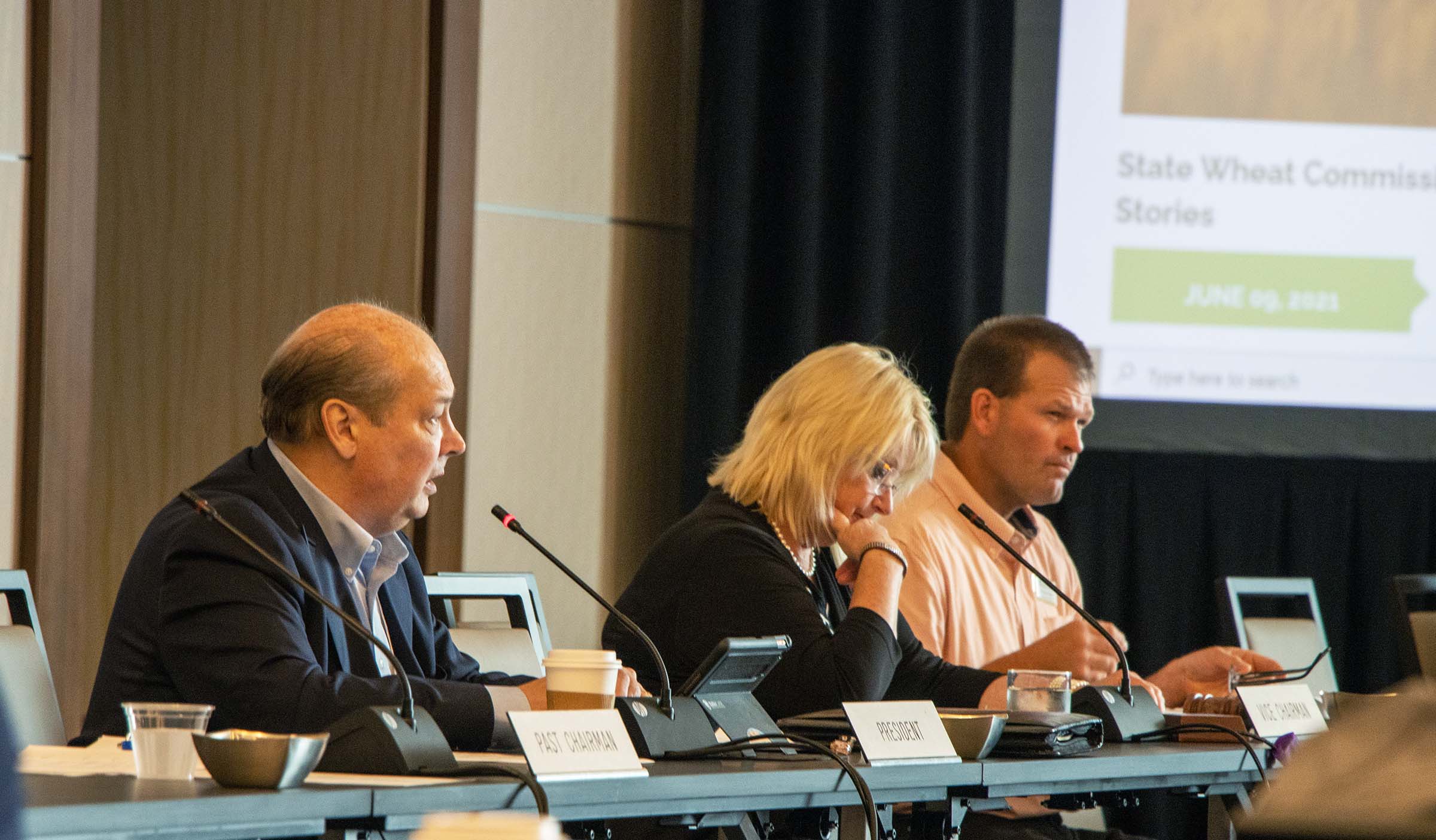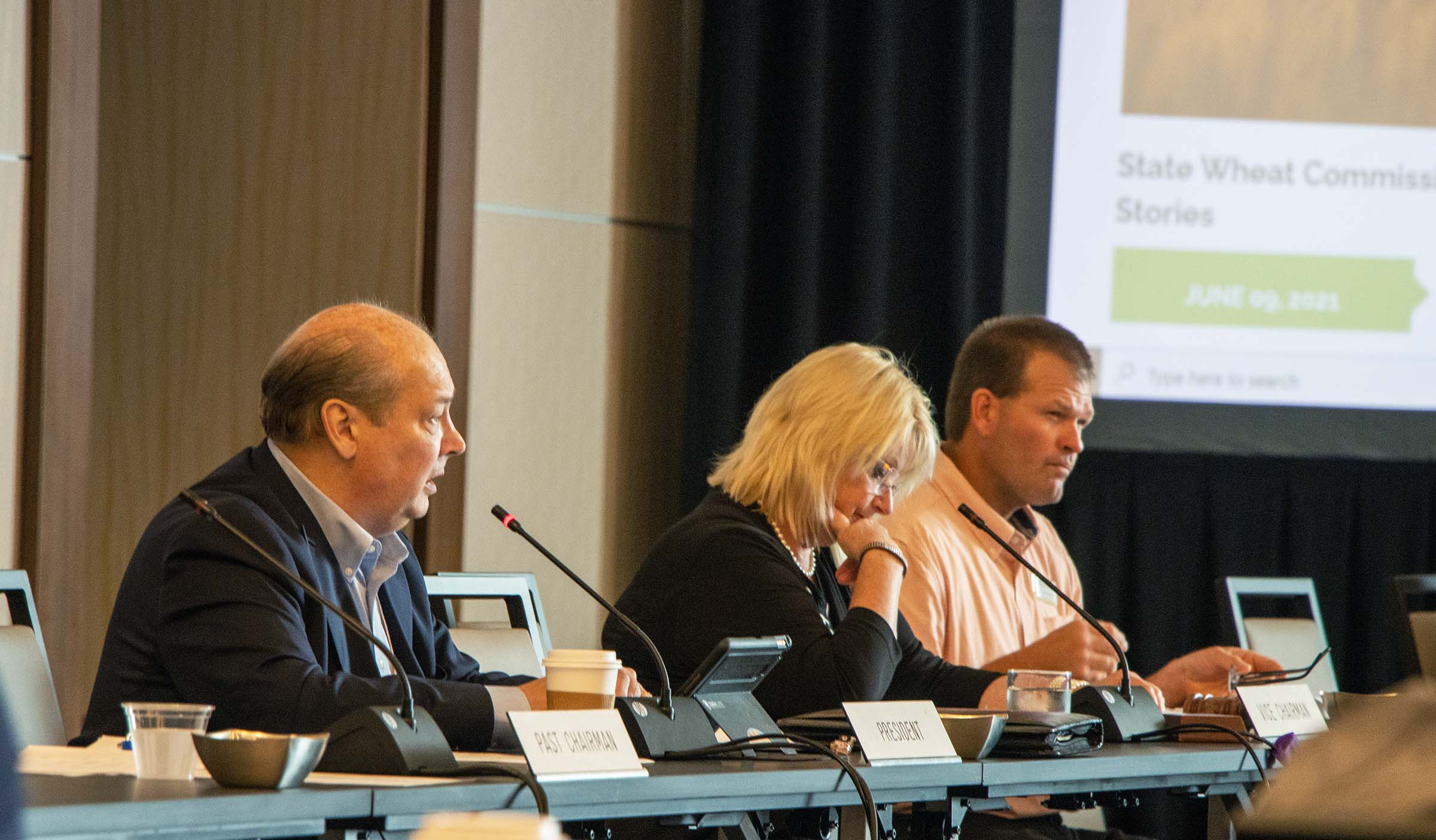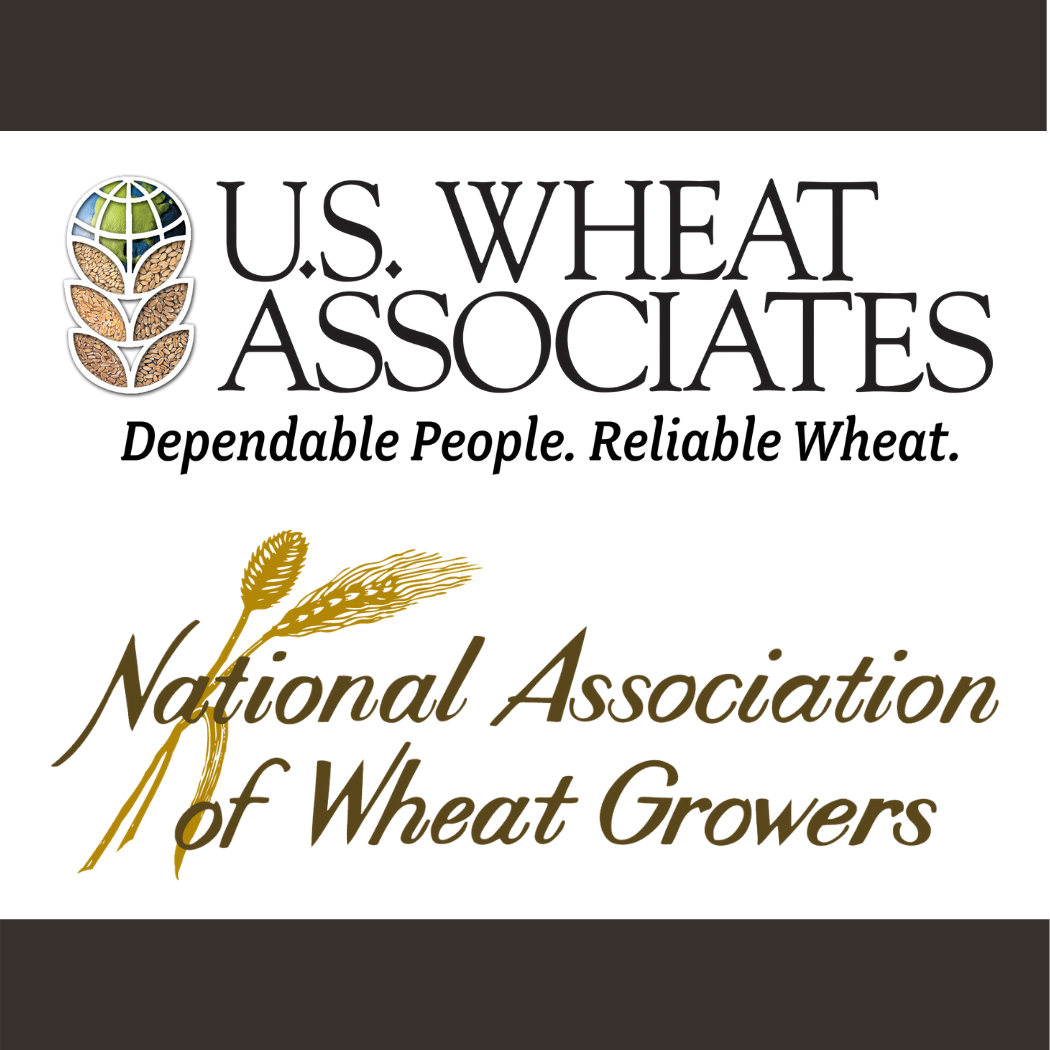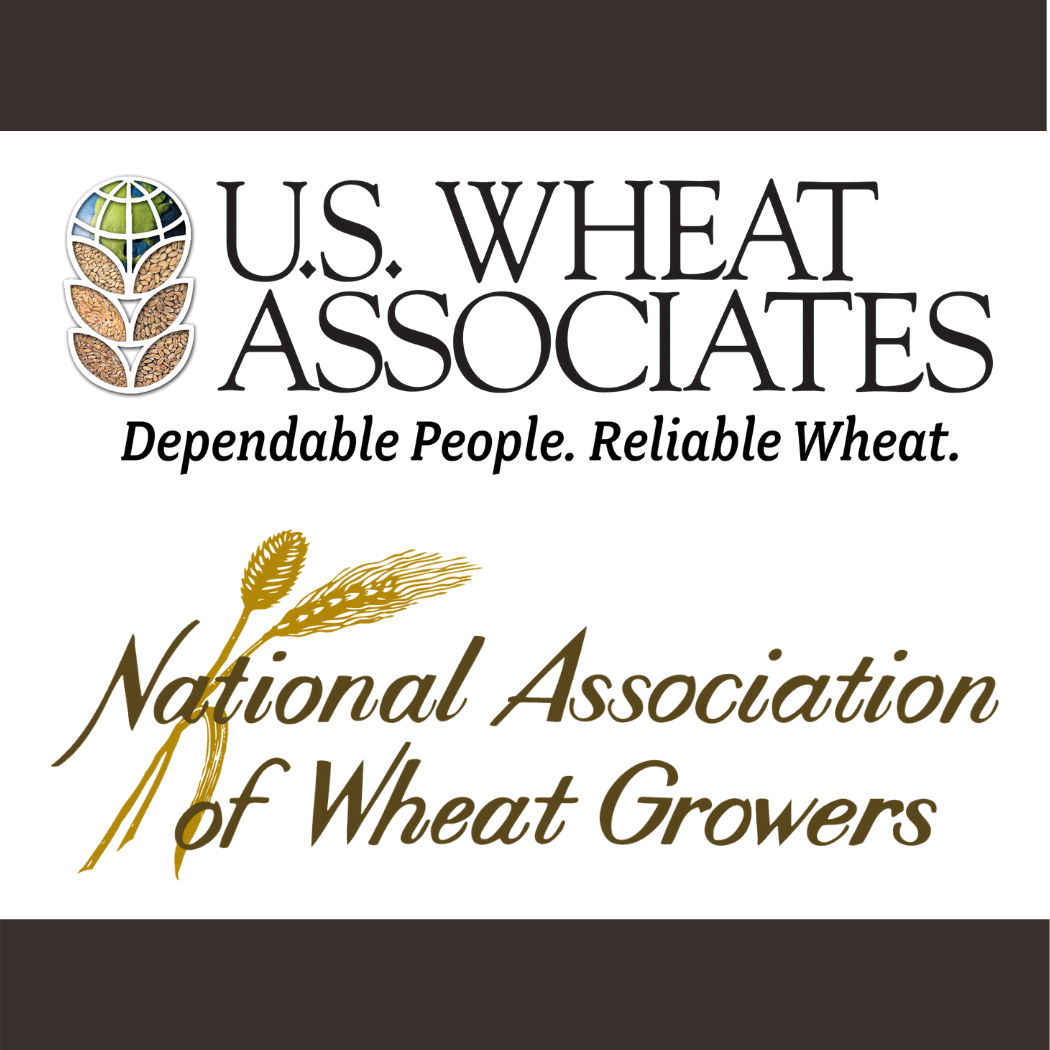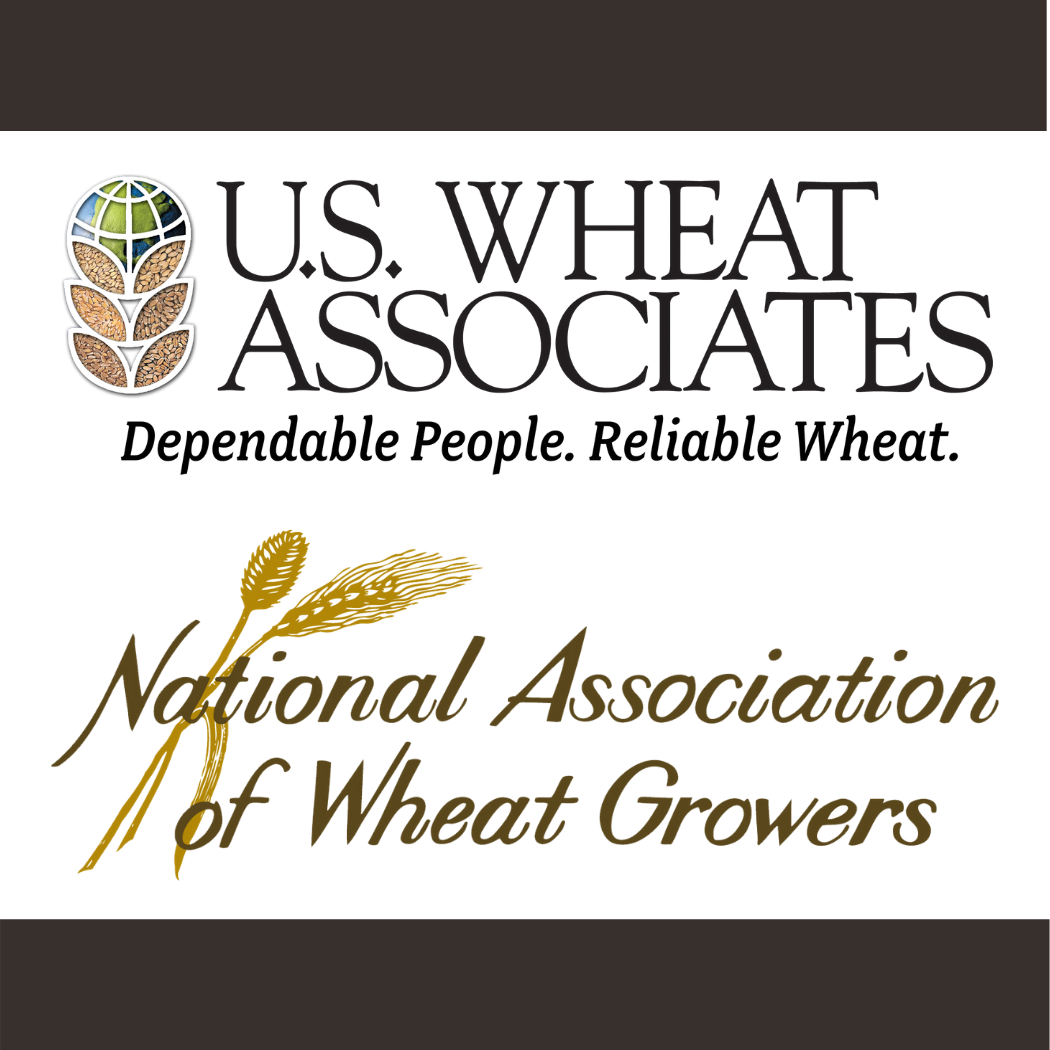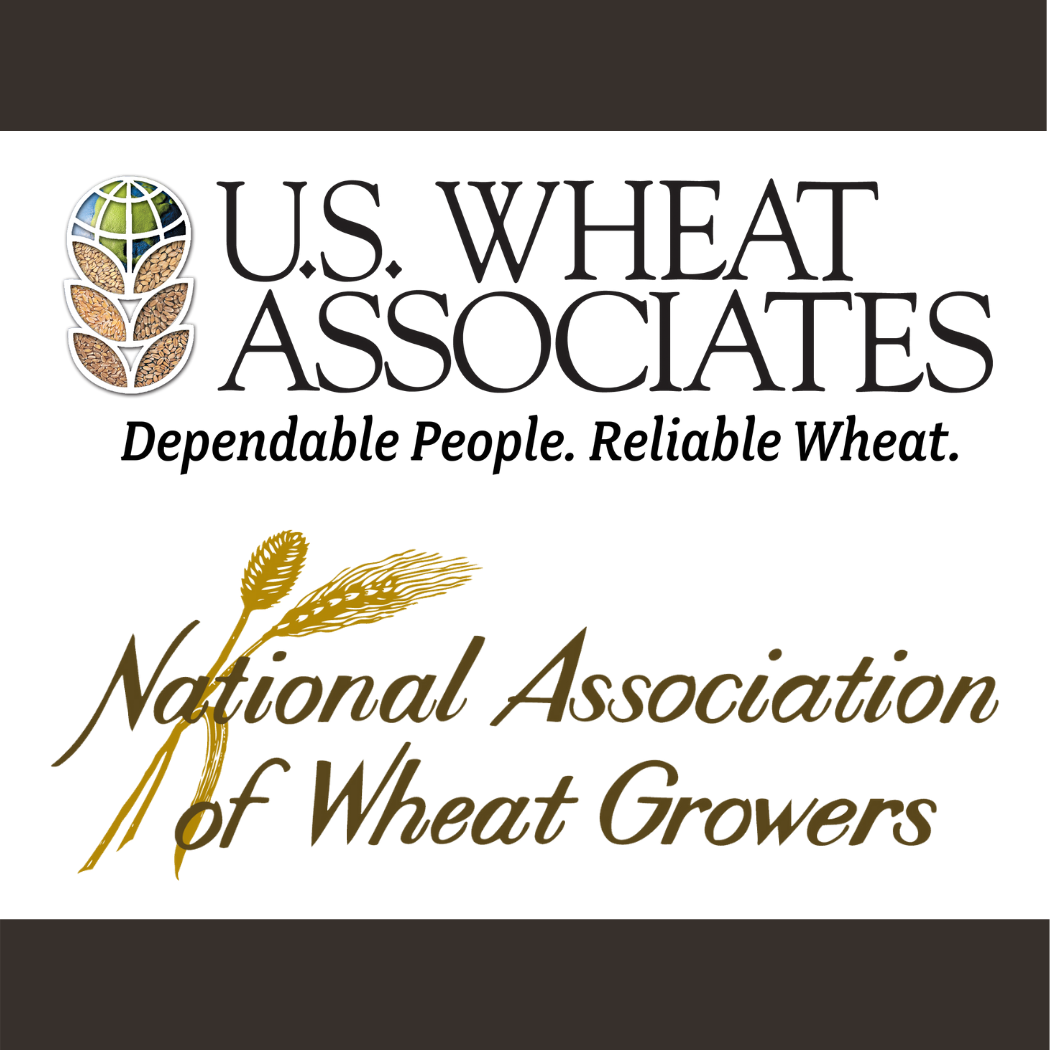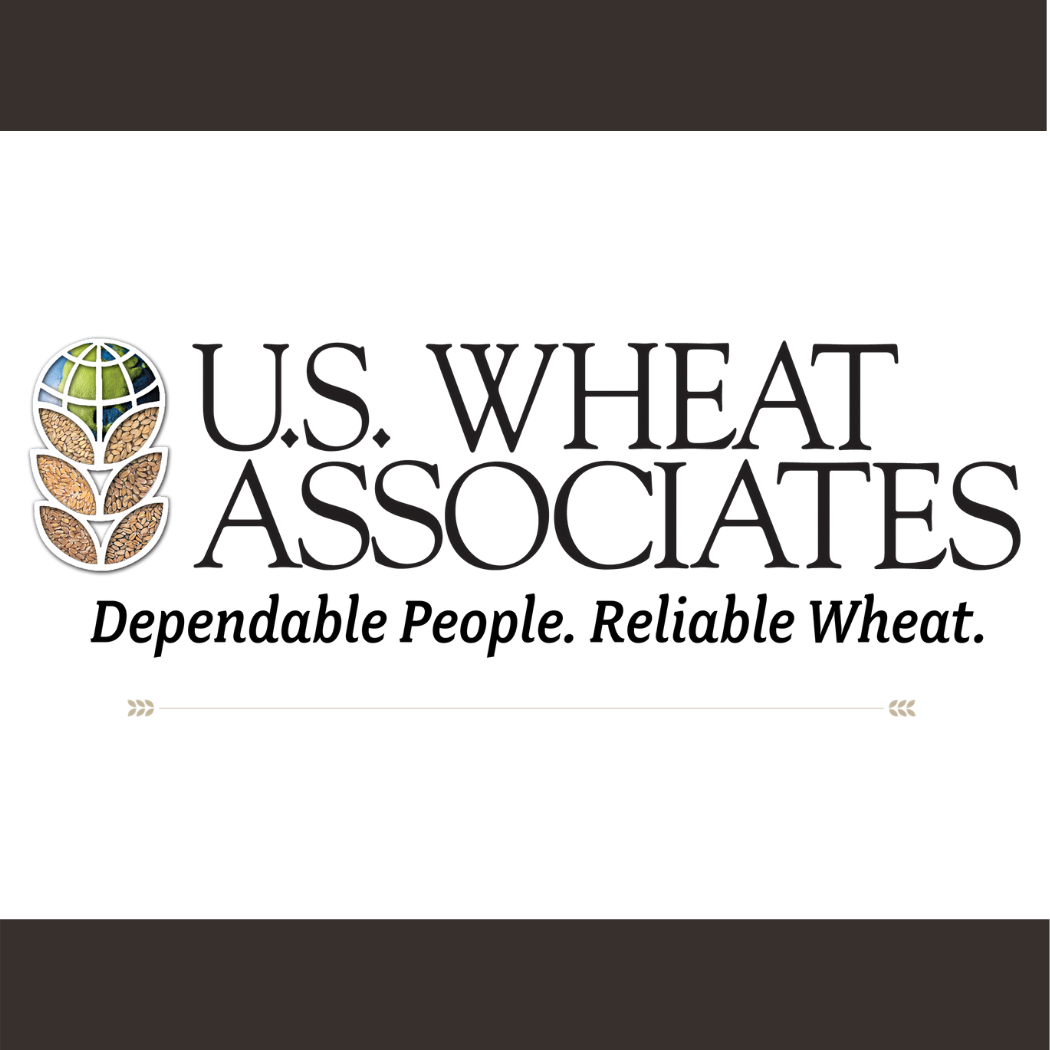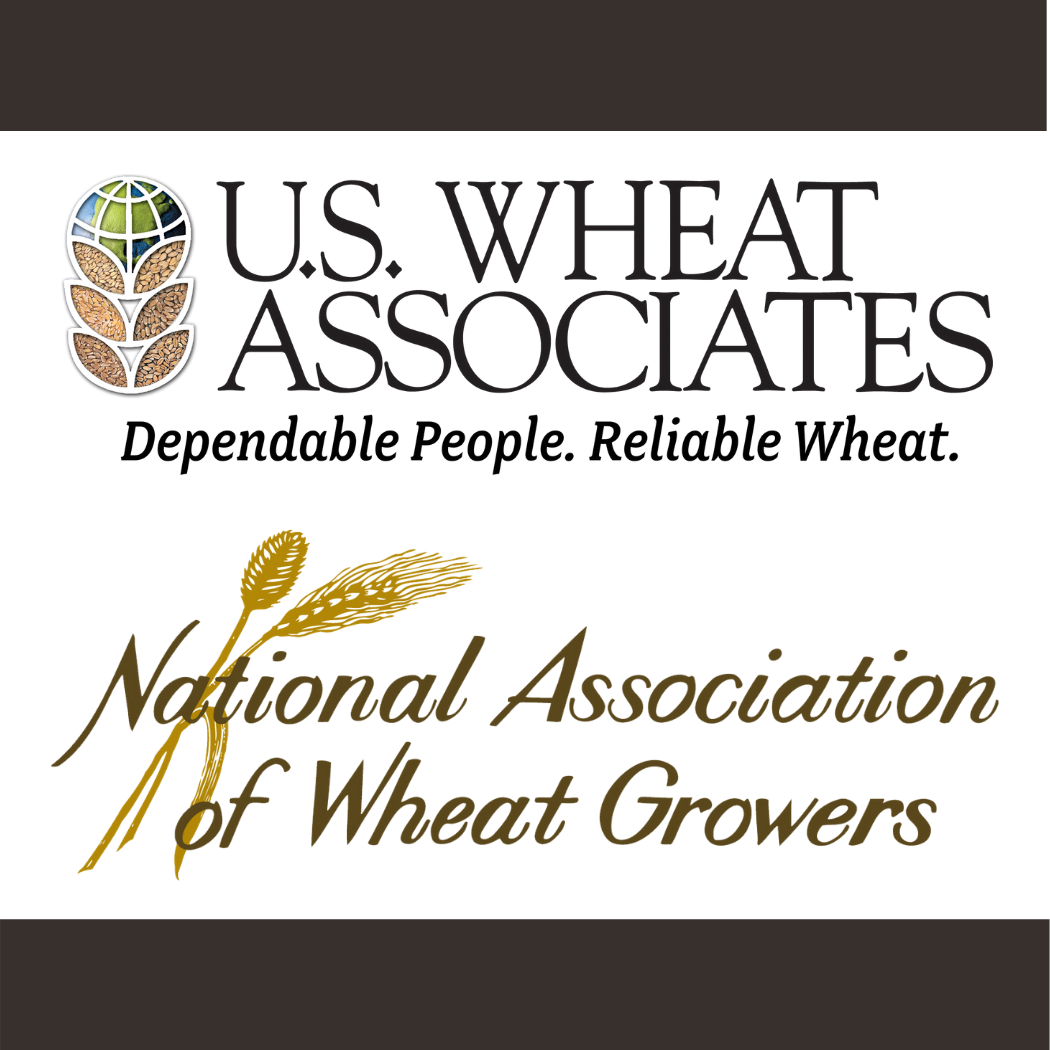ARLINGTON, Virginia – U.S. Wheat Associates (USW) is happy to announce that Tyllor Ledford joined its staff as Assistant Director of the West Coast Office in Portland, Ore., on August 16, 2021. Ledford will fill the role left by Michael Anderson, who was promoted to Market Analyst earlier this year.
“I am very excited to welcome Tyllor to U.S. Wheat Associates. She brings essential skills developed during her time at Texas Tech University and has the people skills that will be important in her role as liaison between wheat farmers and overseas customers,” said Steve Wirsching, USW Vice President and West Coast Director. “She knows how to relate to wheat farmers and understands the challenges they face. She will be directly involved in planning and hosting overseas wheat buyers and highlighting the advantages of the U.S. supply chain.”
As USW looks forward to when it can again welcome overseas trade delegations to the United States to visit the wheat supply chain in the Pacific Northwest, Ledford’s responsibilities will include assisting in both in-person and continued online programs and trade service activities for overseas customers. She will also assist in outreach to state wheat commissions and the grain trade and a range of assignments supporting USW’s export market development activities on behalf of U.S. wheat farmers.
Ledford joins USW after recently completing a master’s degree in agricultural and applied economics from Texas Tech University, where she also earned a bachelor’s degree in the same concentration. As a part of her master’s program, Ledford’s research focused on the relationship between food security and conflict patterns in Africa. She has also gained valuable experience as a Texas Tech graduate research assistant, interning with Colorado State University Extension and through agribusiness academic immersion programs in China and Spain. Ledford is a native of Colorado, where she grew up on her family’s quarter horse ranch.
U.S. Wheat Associates’ (USW) mission is to “develop, maintain, and expand international markets to enhance wheat’s profitability for U.S. wheat producers and its value for their customers.” USW activities in more than 100 countries are made possible through producer checkoff dollars managed by 17 state wheat commissions and cost-share funding provided by USDA’s Foreign Agricultural Service. USW maintains 15 offices strategically located around the world to help wheat buyers, millers, bakers, wheat food processors and government officials understand the quality, value and reliability of all six U.S. wheat classes. For more information, visit www.uswheat.org.
# # #



